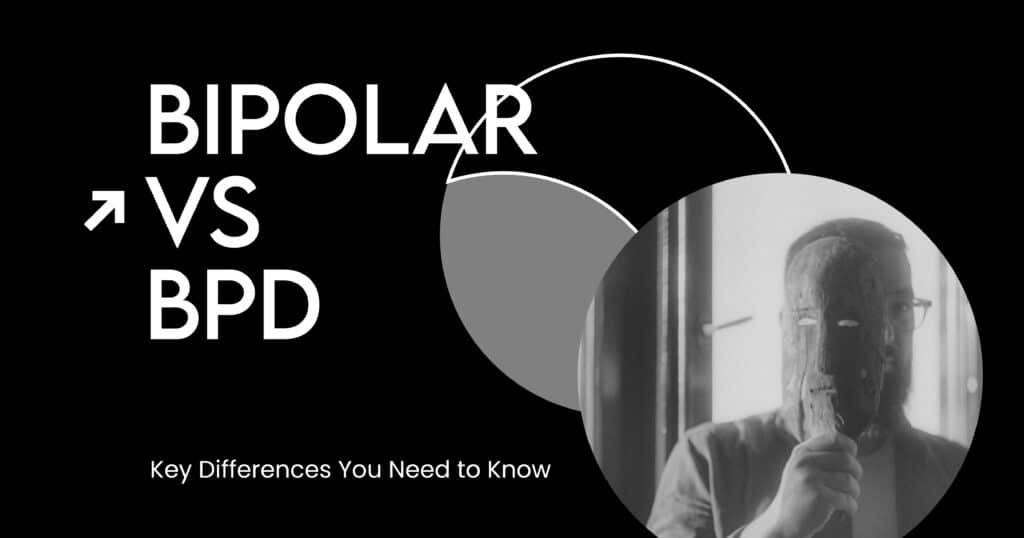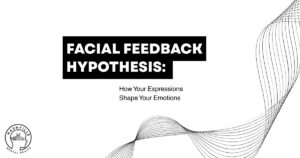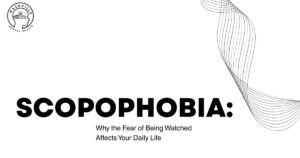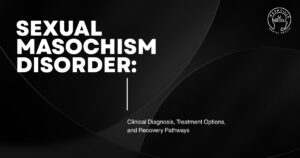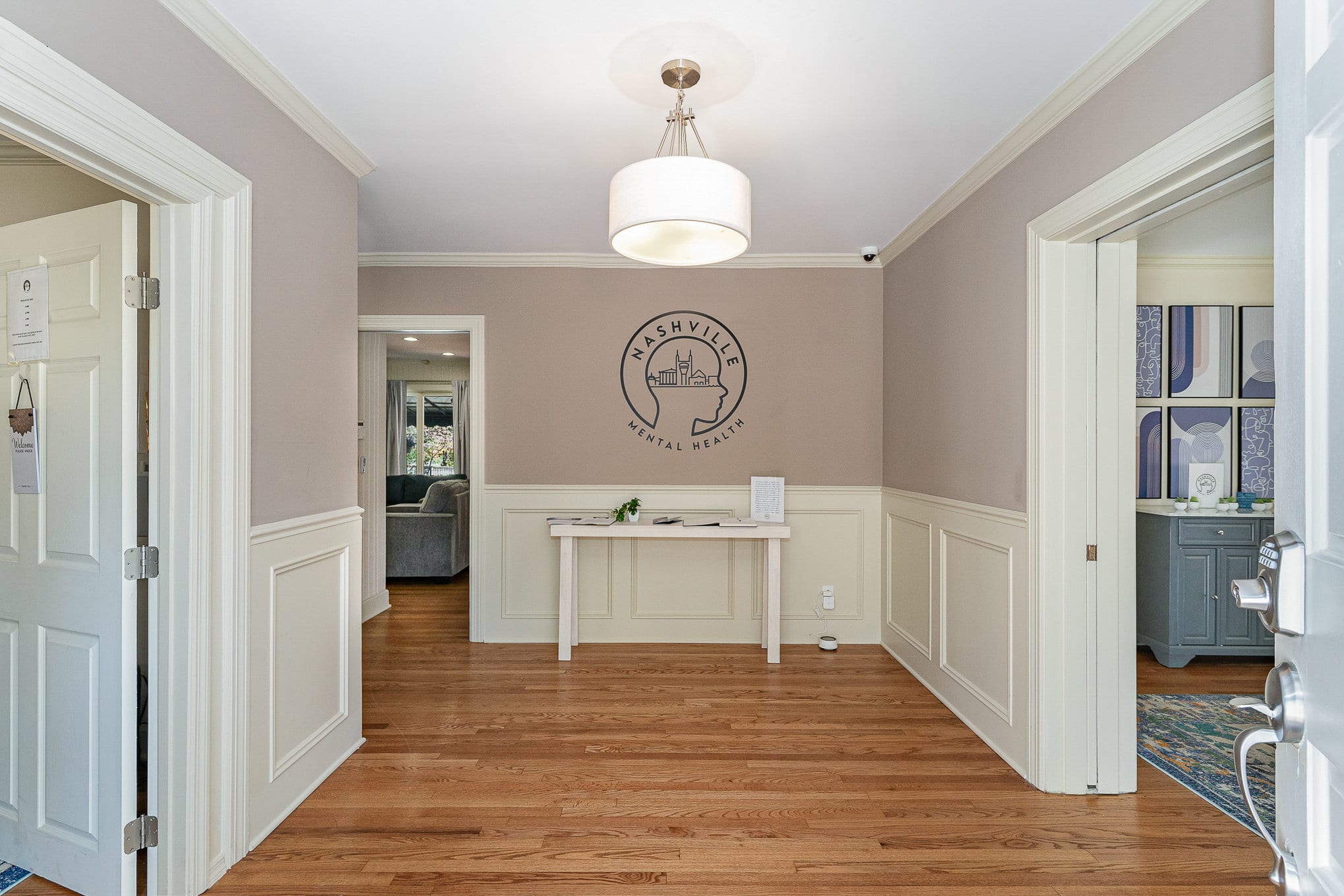Everything changes when you start to understand that your loved one’s emotional challenges could be something more than just regular stress. This appeals to many sufferers considering the severity of their problem while hoping to assist them to heal, but it can be troublesome to understand that there are many differences between Bipolar Disorder and BPD, which make it difficult to diagnose. These denote the gap between years of unsuccessful therapy and, at last, finding relief.
Borderline personality disorder causes daily emotional storms that tire everybody, but bipolar disorder causes separate episodes that last for weeks, when your loved one becomes nearly unrecognizable.
Every family dealing with these difficulties understands the powerless sensation of seeing someone they love struggle with intense pain. The appropriate diagnosis unlocks access to therapies that work, which seemed impossible to discover before.
What Are Bipolar Disorder and BPD?
When someone experiences bipolar disorder, they witness their world completely transform during episodes. One month, they might buzz with incredible energy, sleeping only two hours yet feeling invincible. Then weeks later, they can barely get out of bed, and everything that once brought joy feels meaningless and grey.
Borderline personality disorder (BPD) is associated with different and challenging experiences. Those with BPD might wake up each day feeling like they are walking on emotional quicksand, one wrong step and they are drowning. A simple text delay makes them feel like they are abandoned and hated by everyone.
Nashville Mental Health
Exploring Borderline Personality Disorder
The following different behaviors will help better depict the seriousness associated with BPD:
- Every goodbye feels like forever to them.
- Nothing fills the emptiness inside them.
- Their anger scares even them, and the guilt afterwards is heartbreaking.
According to the National Institute of Mental Health, 1.4% of adults live with BPD, but for their families, it feels like the most isolating experience in the world.
Mood Swings in Bipolar Disorder and BPD
Understanding the distinct emotional patterns in bipolar disorder versus BPD can help clarify confusing behaviors and guide appropriate support strategies.
Characteristics of Mood Swings in Bipolar Disorder
When people with bipolar disorder are in a manic state, they
- Become hyperactive.
- Overflow with confidence about plans.
- Spend money on things they will regret later.
When they feel depressed,
- Tend to lose all hope about tomorrow.
- Struggle with basic self-care.
- Can’t focus on conversations.
The Role of Emotional Regulation
For those with bipolar or BPD, emotions don’t follow normal rules. Small setbacks may trigger overwhelming despair that lingers for days. Positive news can spark reckless impulses. You recognize the intensity does not match reality, but the feelings remain inescapably real. Relationships are damaged under the constant strain. Daily life becomes exhausting as ordinary stresses feel unmanageable.
Challenges with Emotional Regulation in Bipolar Disorder
During bipolar episodes, the emotional regulation system breaks down. In a manic state, their emotions feel fantastic to them, but completely out of control to others.
In their depressed state, every feeling becomes impossibly heavy. And between these episodes, hope is revived as their emotional responses return to normal, and they can handle stress like anyone else. These periods ensure that recovery is possible.
Impulsivity in Bipolar Disorder and BPD
Impulsive behaviors are some of the hardest things to witness because they are so different from the person people used to love. A person who was thoughtful and careful now makes decisions randomly, and this shift is horrible for family members to experience.
How Impulsivity Manifests in Bipolar Disorder
For people with bipolar disorder, episodes don’t just change moods, but they erase the person you love. The real them gets locked away while something else takes over. They will destroy marriages, careers, and savings in days, then wake up horrified. And the worst part is that they remember everything.

This is not “mental illness” like the movies show. It’s being trapped in a body that betrays you daily. Just the brutal truth, their brain lies to them constantly, and they have to fight just to stay grounded in reality.
Diagnosis and Mood Disorders
Mental health professionals require an in-depth analysis to identify patterns, as it ensures effective treatment.
Diagnostic Criteria for Bipolar Disorder
Professionals categorize the following conditions based on observing some specific patterns.
- Bipolar I
Bipolar I is characterized by at least one manic episode that completely disrupts the ability to function normally.
- Bipolar II
It involves hypomanic episodes (intense but less severe) combined with major depression.
- Cyclothymic Disorder
Ongoing emotional ups and downs that last for years but don’t reach full episodes are the criteria for diagnosing cyclothymic disorder.
Nashville Mental Health
Treatment Options for Bipolar Disorder and BPD
Both conditions respond incredibly well to proper treatment when the right approach is identified.
Bipolar Disorder Treatment Offers Real Hope
Episode-specific medications provide relief when breakthrough symptoms occur. Therapy teaches how to spot warning signs before they even notice changes. Furthermore, lifestyle modifications like sleep schedules create the stability that protects progress.
BPD Treatment Builds Essential Life Skills
Cognitive behavioral therapy (CBT), group therapy, and family therapy can heal the wounds these conditions create in relationships and play a major role in building healthy life skills.
The Mayo Clinic emphasizes that comprehensive treatment transforms lives, not just managing symptoms, but actually giving people back their ability to thrive and families back their peace of mind.
The Importance of Mental Health Awareness – Support from Nashville Mental Health
You have been holding it together for so long, and you may have forgotten how it feels not to carry this unwanted weight. This is not just stress. This is life, and you deserve more than survival mode. At Nashville Mental Health, we don’t offer quick fixes or empty promises, but we do offer a helping hand for you, not just for the person you are worried about.
Reach out to us now at Nashville Mental Health because we do understand that when mental health struggles hit homes, the whole family needs care.

FAQs
What are the key differences in mood swings between bipolar disorder and BPD?
Bipolar disorder brings mood episodes that linger for weeks and won’t quit. BPD creates emotional strain; you might feel abandoned in the morning, then okay by dinner, all because of a text left unanswered.
How does emotional regulation differ in individuals with bipolar disorder compared to those with BPD?
Between episodes, someone with bipolar disorder can usually cope like anyone else. But with BPD, every day is an emotional minefield, small inconveniences feel catastrophic, and calming down takes tremendous effort.
What are common impulsivity traits observed in bipolar disorder and BPD?
Bipolar impulsivity erupts during mania, maxing out credit cards or making reckless life choices. BPD impulsivity is more desperate and includes self-harm to relieve unbearable feelings, or pushing loved ones away before they can leave you.
What should be considered when diagnosing mood disorders like bipolar disorder and BPD?
It’s not always a clear-cut diagnosis. Doctors have to piece together patterns by carefully considering mood shifts, relationships, or family history. The overlap makes it tough even for professionals.
Nashville Mental Health
What are effective psychotherapy and treatment options for managing bipolar disorder and BPD?
Bipolar disorder is treated with mood stabilizers and therapy like CBT, plus maintaining regular sleep and stress management. BPD responds best to specialized therapy like DBT (Dialectical Behavior Therapy), which teaches emotional regulation and coping skills.





